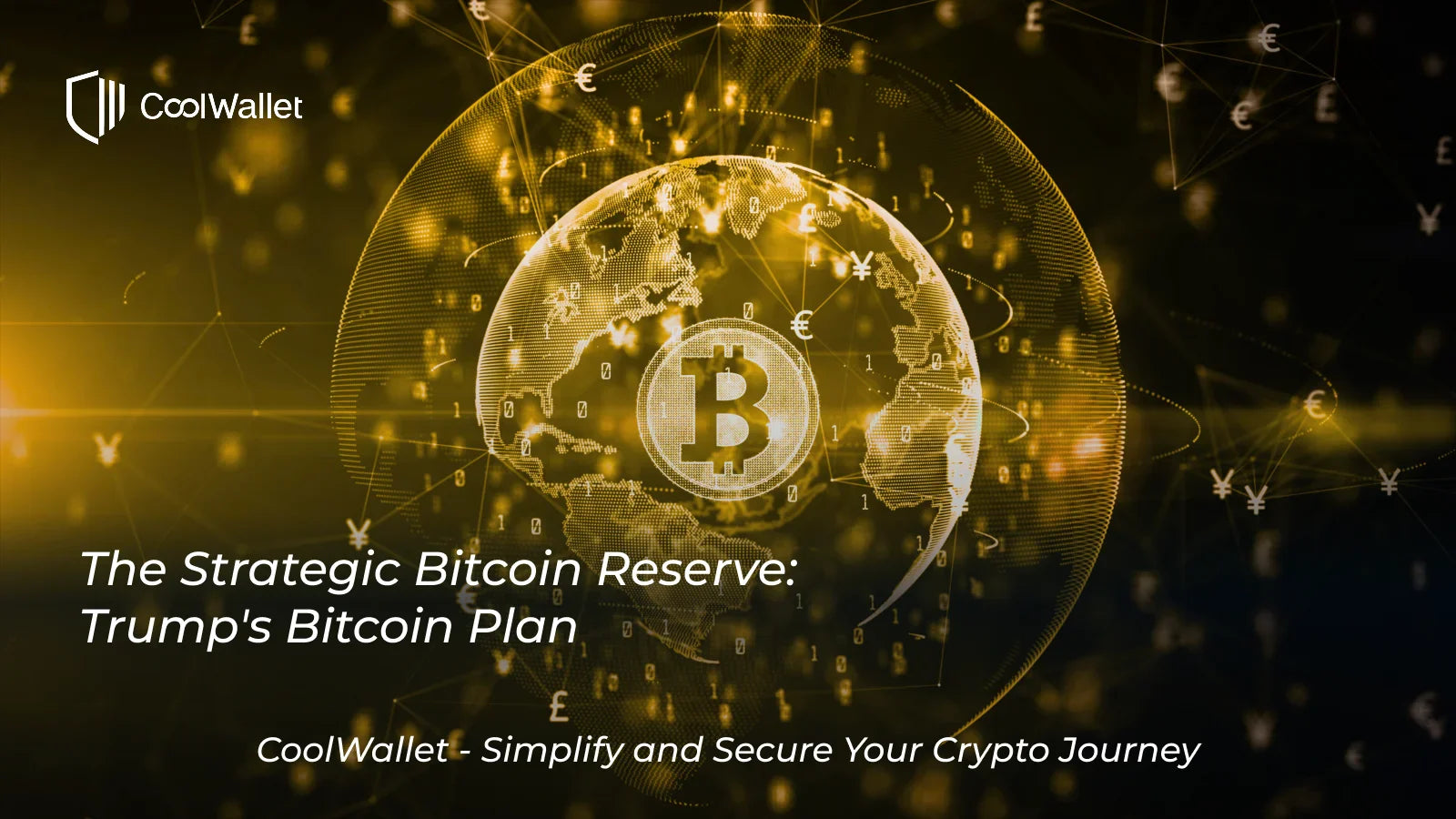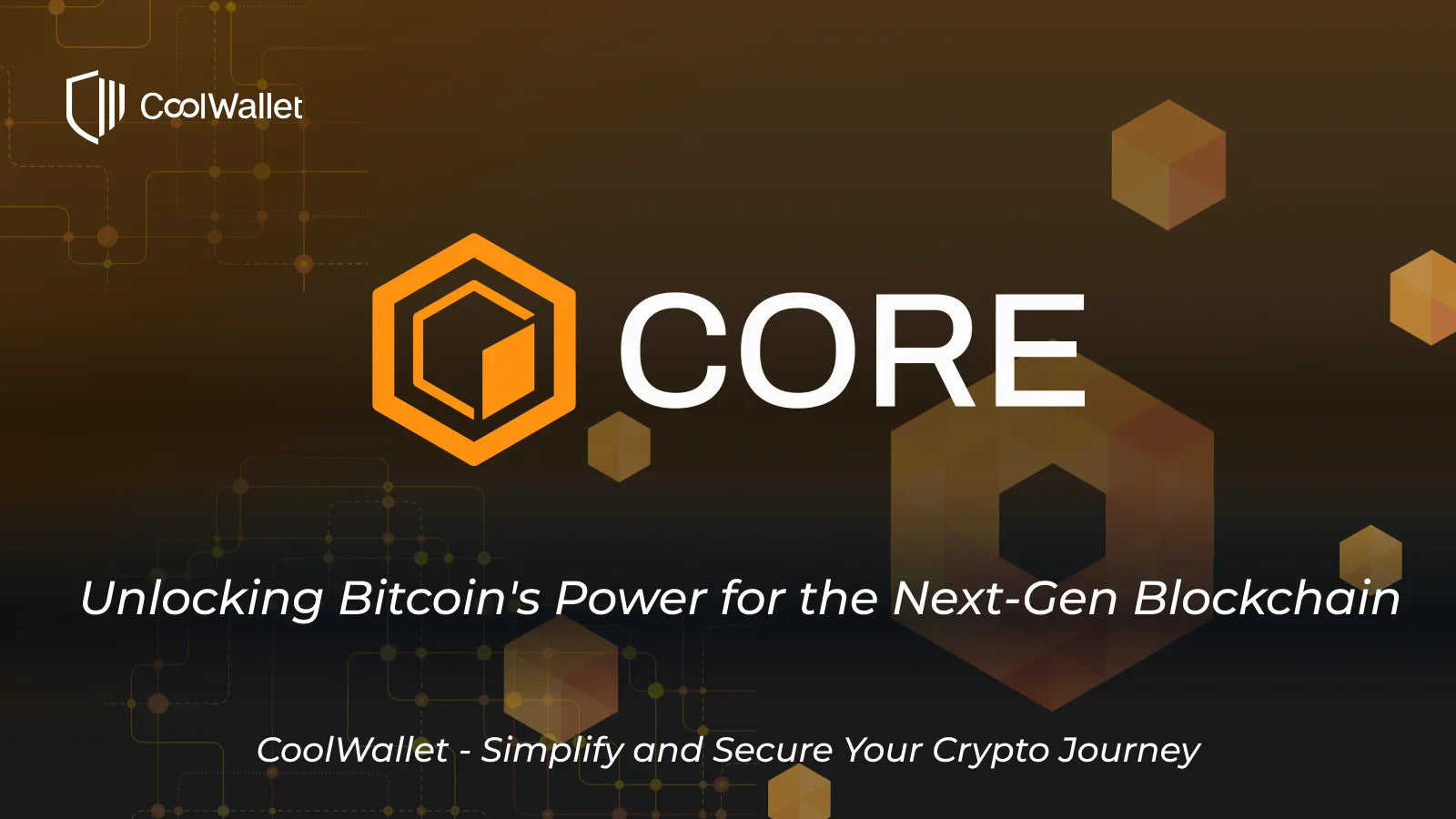Contents
- Introduction
- What is Dencun and Why Does it Matter?
- How Does Proto-Danksharding Work?
- How Proto-danksharding helps Layer-2 chains drop costs
- What is EIP-4884?
- Why Was March 13th Chosen as the Deployment Date?
- Ethereum in 2024: Another Watershed Year?
Introduction
Ethereum, the world’s largest smart contract blockchain platform, is gearing up to deploy its much-anticipated Dencun upgrade on March 13th, 2024. This upgrade (an amalgam of Denver and Cancun, where it has its conferences) will introduce a host of improvements to Ethereum, most notably a technology called “proto-danksharding” that aims to significantly reduce transaction fees on the network. Dencun is a welcome shot in the arm after a comparatively slow first quarter for Ethereum, but will likely be an important catalyst for its growth the rest of the year, which has spiked with the recent interest in its new ERC404 dynamic NFT protocol.
What is Dencun and Why Does it Matter?

Dencun is the latest in a series of upgrades to Ethereum that collectively constitute its transition from a proof-of-work (PoW) consensus mechanism to a more efficient, scalable, and environmentally-friendly proof-of-stake (PoS) model. This transition process started with the Shanghai upgrade in April 2022.
Dencun represents a major milestone along this trajectory as it will finally enable sharded validation on Ethereum – splitting the network’s transaction validation process into 64 parallel chains or “shards” to boost throughput. However, the initial deployment in Dencun only implements one shard running in parallel with the main Ethereum chain. Hence developers refer to this first phase rollout as “proto-danksharding”.
How Does Proto-Danksharding Work?
Proto-danksharding revolves around a new technology called Binary Large Objects or “blobs”. Blobs are a way to store and transmit large volumes of data in a highly gas-efficient manner, without needing to permanently write all of this data directly to the Ethereum blockchain like normal transactions.
When blob-enabled contracts are called, the input data gets processed and stored securely on blob storage chains that run in parallel to Ethereum mainchain. Only small 16 byte references to this blob data, called Content Identifiers or CIDs, get written permanently to mainchain.
How Proto-danksharding helps Layer-2 chains drop costs
The key benefit this unlocks is gas cost reductions of up to 90% for heavy data-based transactions. For example, instead of paying thousands of dollars to write gigabytes of data on-chain, users can store data in blobs for a fraction of the cost.
This gas efficiency improvement will significantly reduce fees for Layer 2 scaling solutions built on Ethereum, like rollups and validiums (L2 solutions that use Zk-technology to validate transactions off-chain), that rely heavily on calldata to post transaction data back to mainchain. Lower costs will enable wider adoption of Layer 2 solutions.
What is EIP-4884?
On a technical level, proto-danksharding is powered by a core Ethereum Improvement Proposal called EIP-4884. This EIP, authored by leading Ethereum researchers, defines key blob standards like CID references and Merkle roots for blob chains.
EIP-4884 also handles critical functions like aggregating blobs into batches and deleting old blobs that exceed storage periods. All of this happens seamlessly behind the scenes when developers call new blob-enabled functions in their smart contracts.
The March 13th Dencun upgrade will activate EIP-4884 on mainnet for the first time, representing the next leap forward in Ethereum’s technological evolution and paving the way for sharding, the technology that will future-proof the network and help it compete technically with faster and less encumbered “Ethereum Killers” like Solana and Avalanche.
Why Was March 13th Chosen as the Deployment Date?
March 13th was chosen after extensive testing and three successful trial runs of proto-danksharding on the Sepolia, Holesky and other Ethereum test networks over the past month. No major issues were uncovered during these final two testnet deployments, giving developers confidence to schedule the mainnet upgrade.
Leading up to the upgrade, updated Ethereum client software will be released on February 22nd for a further round of testing before the March rollout. This lead time allows node operators to upgrade smoothly without disrupting network consensus.
Ethereum Foundation Onboards More Protocol Developers
In tandem with these technical developments, the non-profit Ethereum Foundation is ramping up programs to train more developers on low-level protocol engineering.
On February 7th, the EF announced a new 10-week Ethereum Protocol Fellowship Study Group (EPFsg) covering topics like cryptoeconomics, execution layer architecture, and research areas like sharding and fraud proofs. The goal is to guide more developers into becoming proficient, contributing members of Ethereum’s core engineering teams over the long-term.
This EPFsg kicks off on February 19th and builds on the Ethereum Foundation’s established Ethereum Protocol Fellowship which has already onboarded four cohorts of contributors.
Ethereum in 2024: Another Watershed Year?
Ethereum has been on an absolute tear since its Beacon Chain upgrade in December 2020 brought with it proof-of-stake, which in 2022 led to the gamechanging Merge upgrade and 2023 Shanghai hardfork which allowed stakers to unlock their ETH stakes. This boosted Ethereum staking and make the digital asset more liquid.
With milestones like proto-danksharding and expanded community education initiatives providing riveting narratives for the near future, 2024 is shaping up to be another massive year for Ethereum technology. Dencun paves the way for future upgrades like Verkle Trees and full multi-chain sharding, that will catapult Ethereum’s scalability to new heights.
As blockchain adoption enters prime time, Ethereum’s blend of cutting edge research and robust community development puts it in pole position to power the next generation of digital economies. The possibilities ahead are endless, so if you can think it, you can probably build it on Ethereum.







Share:
What is ERC404, Ethereum’s New Hybrid NFT Gamechanger?
CoolWallet Unveils CoolKey Crypto Steel Wallet